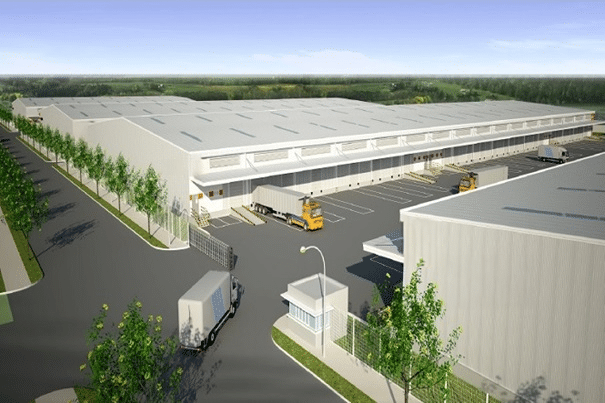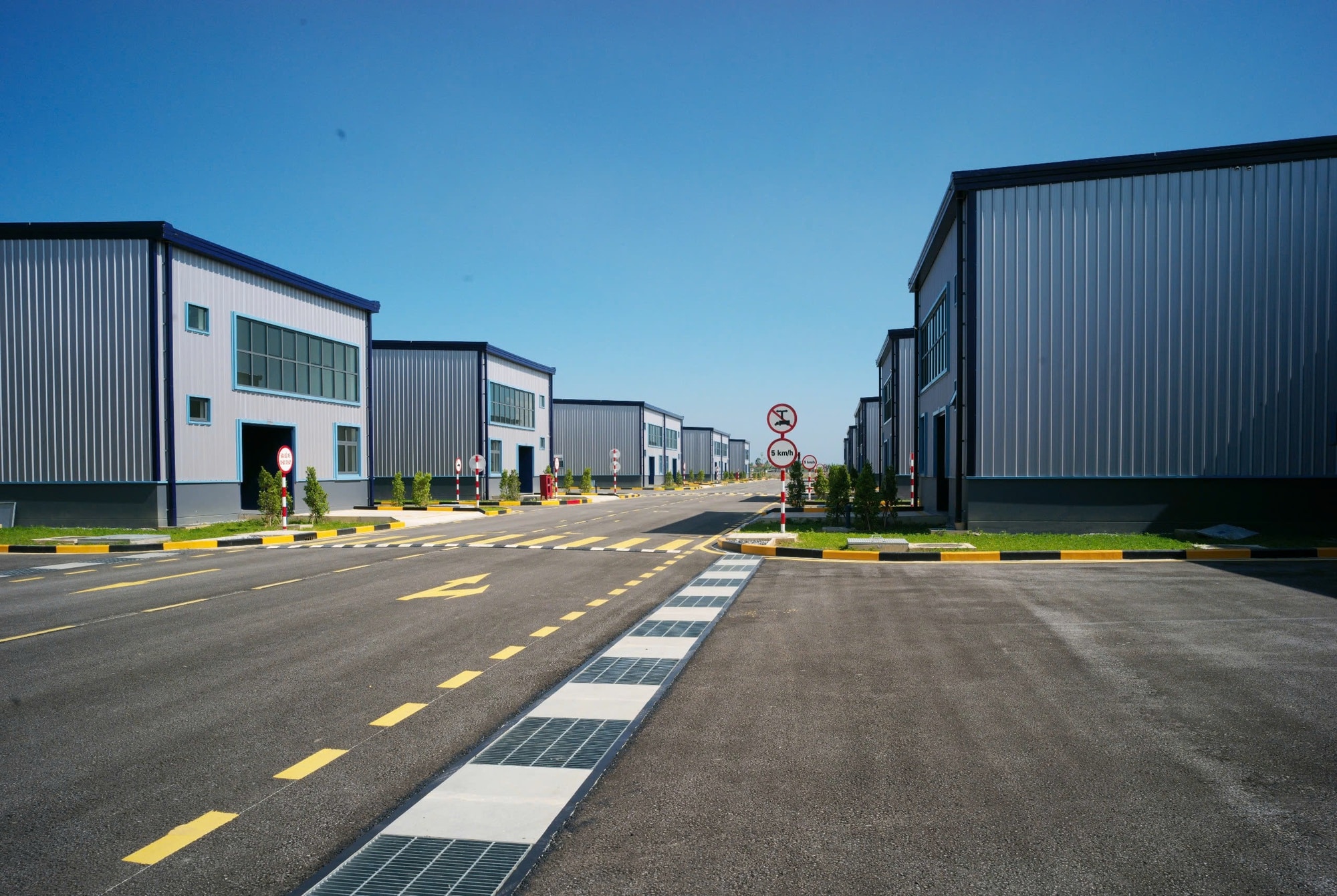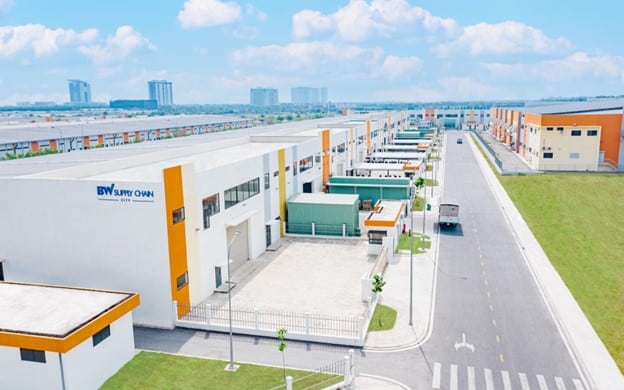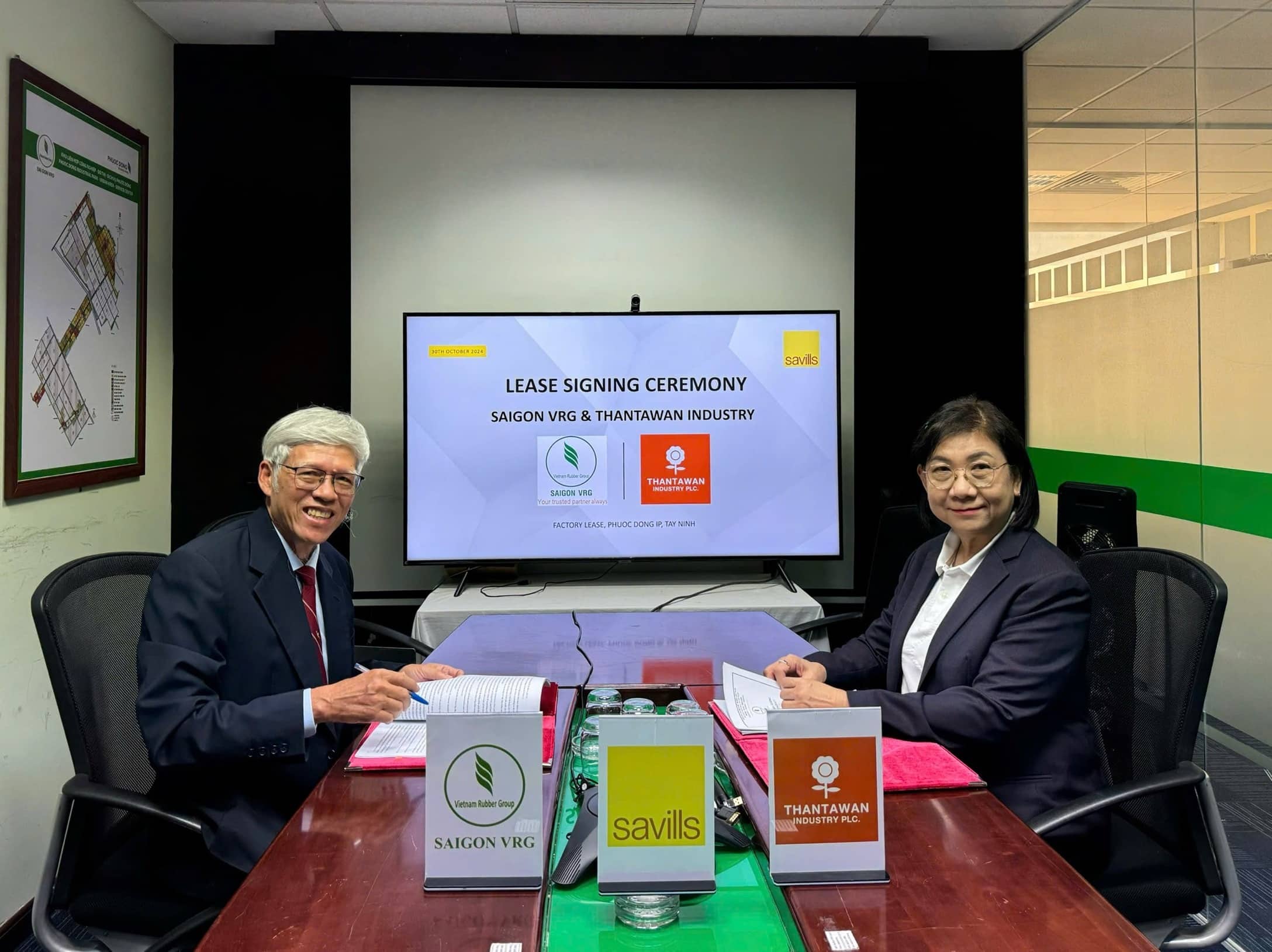Savills Asia Pacific has released a report on COVID 19, offering an analysis of the impacts the epidemic will have on global economics and the property market.
According to experts, there are many unknowns, including how to effectively treat the disease and the rate at which it may spread. Each property sectors is responding differently – effects are expected to be both temporary and long-term.
Coming as it has, during a period of trade tension and social unrest, COVID-19 has piled yet more pressure on the local economy and weakened prospects for the local property market. Hardest hit have been the retail and hospitality sectors followed by offices and industrial space while the residential market has not been immune. Plenty has been written about the similarities with SARS in 2003 and there are some – both came after a series of economic blows, both originated in China but quickly spread to other countries.
SARS, however, came when the property markets were in a trough rather than the broadly peak conditions we see today and while COVID-19 could cause widespread economic and social disruption, it appears to be mercifully less lethal than SARS. China today has a much greater role in the global economy and to disrupt China is to disrupt the world with consequences for manufacturing and investment far beyond Asia. It seems possible, however, that the new virus may follow a timeline similar to SARS and recede rapidly in the warmer summer months after which a return to normality could be swift. Signs of widespread distress in the investment market have so far not materialized and many landlords will have decided to wait this one out if their holding power allows. Market fundamentals are unchanged with negative real interest rates, chronic under supply and ample liquidity. An outbreak which lasts beyond June, a pandemic or further mutation are all factors which could change market dynamics quite quickly and result in a broader sell off . Rents have had to react to market conditions and commercial landlords have generally been open to consider at least short term relief measures for tenants. Previous government measures aimed at heading off an asset bubble remain in place and could be unwound if necessary, while new relief measures could be introduced. Some impacts may be longer term, accelerating technology-driven changes in the ways we live, work and shop, while other effects are likely to prove to be only temporary.
Look deep into Vietnam property market, Mr. Troy Griffiths, Deputy Managing Director of Savills Vietnam said: “Healthcare and home deliveries are the net winners while retail and hospitality likely to suffer. Recent examples of Hong Kong retail landlords discounting rents by 40% are unlikely to be needed in Vietnam.
Vietnam was the first country to eliminate SARS and continues to set a strong example in containment. As the sensitivity wanes then a China + 1 model may be pursued for manufacturers, that would result in greater demand for Vietnam industrial space, as corporations seek to mitigate risk and diversify locations.”
Sharing Troy’s opinion, Mr. Nguyen Hong Son, Associate Director, Head of Advisory Service commented: “The effects on the tourism industry caused by the pandemic are significant and yet be quantified. However, actively responding to any scenario as well as being ready to respond when the pandemic is under control will ensure the industry can reduce losses in the short term.
In the long run, with Vietnam successfully controlling diseases, the tourism industry will greatly benefit as the country will be seen as a friendly and safe destination. The shift of investment capital in the region will be advantageous for Vietnam in becoming a more attractive investment destination, contributing to promoting economic growth in general and the real estate market in particular.”
THE CURRENT LANDSCAPE – MANY UNKNOWNS STILL
The recent twists and turns of the property market have been dictated first by the trade war, then the social unrest and now by a Novel Coronavirus similar to the common cold but with a mortality rate higher than seasonal flu. Together these events have succeeded in putting global economic growth into a tailspin and prompted cracks to appear in a
hitherto robust property market. Hardest hit has been retail and hospitality, but offices and industrial premises are now also showing clear signs of weakness, as is the residential market.
How will the Coronavirus develop? The best anyone can do is to look at the SARS outbreak in 2003. SARS is/was a close cousin of the Wuhan virus but less infectious and with a much higher mortality rate (9% versus an estimated 1-2%). SARS began in Guangdong Province in November 2002, came to Hong Kong in February 2003 and had gone by June/July as the weather warmed, tragically taking 300 lives. If this outbreak is similar, we can expect the worst economic damage to occur over the first half of the year with a swift recovery in the second. SARS peaked in around March/April. But despite the similarities there are many ways in which history will not be repeated. The Coronavirus has infected a far greater number of people over a much larger area. SARS infected 5,327 in China, 1,755 in Hong Kong and a total of 8,422 worldwide, in contrast the Wuhan virus has already infected over 70,000 in Mainland China alone. At the time of writing the question is whether the Coronavirus will gain a foothold outside China not just in Asia but also in Europe or North America. A pandemic would obviously have terrible implications for an already fragile global economy still recovering from the 2008 financial crisis. – Savills Vietnam












